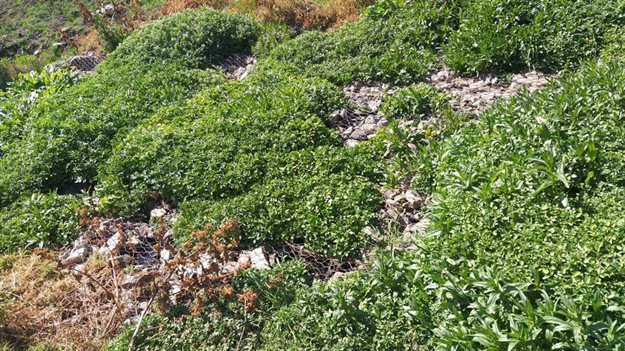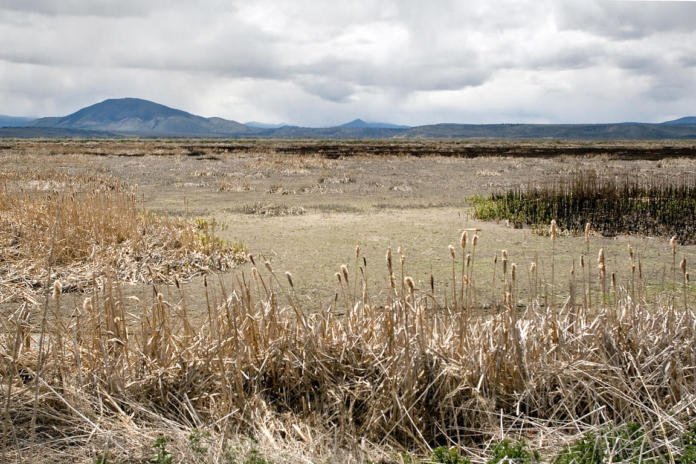With South Africa facing pressing water security issues, there is an urgent need for wetlands to be rehabilitated and preserved, says SRK Consulting’s principal hydrologist Dr Simon Lorentz, as wetlands are significant for both the surface water and groundwater components of the water resource. As an expert in wetland hydrology, he argues that we need far greater attention on how these diminishing areas should be protected.
“Modern society’s demand for water has clearly led to many interventions in the water cycle, as we control the flow of water for our own needs,” says Dr Lorentz. “Wetlands can provide a useful indicator of where such interventions have gone too far.”
Wetland dehydration
In a recent project, for instance, SRK Consulting has been advising a client on the necessary remedial action on a wetland that has begun drying out. Without sufficient moisture in the peat soil of the wetland area, the ground has begun to burn frequently, possibly due to the veld fires in the area – but it may also spontaneously combust due to its high content of hydrocarbons.
While this example of wetland dehydration has an unusually spectacular outcome, it is indicative of a broad problem. In South Africa, several studies have suggested that 35% to 60% of the country’s wetlands have already been lost or severely degraded. The urgency of the issue prompted government to launch its Working for Wetlands programme in 2002.
By 2011, the situation appears little improved. The 2011 National Biodiversity Assessment reveals that 65% of our wetland types are under threat, with 48% critically endangered, 12% endangered and 5% vulnerable. The report notes that only 11% of wetland ecosystem types are well protected, and that 71% are not protected at all.

Rehabilitated wetland
|
Soil as a reservoir
“Considering the importance of wetlands in the context of water shortages, it is useful to consider that soil is a reservoir in itself,” notes Dr Lorentz. “Global water expert Sandra Postel points out in her recent book Replenish that the world’s soils are capable of holding eight times as much water as all the rivers combined.”
Wetlands are, of course, more than just soil. They are valuable ‘filters’ whose reedbeds improve the quality of water passing through them, and are repositories of wildlife and general biodiversity. They also play a useful role in slowing deluges of water from rainstorms – giving it time to be absorbed into soil and aquifers. This is all vital to the replenishment of groundwater and dry season flows, which is increasingly relied upon as demand rises to meet and surpass our surface water volumes.

Dr Simon Lorentz, principal hydrologist, SRK Consulting
|
“South Africa faces a general challenge with regard to water supply, as our growing needs outstrip the capacity of our storage facilities to deliver,” says Dr Lorentz. “Climate change aggravates this situation by adding other dimensions, possibly including longer dry periods for certain areas, accompanied by heavier downpours. In these conditions, wetlands help to store water and release water in a controlled manner, thus reducing peak flows and erosion.”
Working with nature
He highlights that, as crucial natural assets, wetlands provide us with important lessons of working with nature as we develop strategies for water security. In the past, he says, we have relied almost entirely on engineered solutions such as dams, reservoirs and canals to control the path of water to meet social needs. A set of recent techniques are applied to the understanding and quantification of wetland water flows. These include the use of hydropedology surveys, stable isotopes sampling, hydrometry and near-surface geophysics, together with two- and three-dimensional soil water modelling.
“Our traditional ‘command and control’ approach has not sufficiently recognised the value of nature’s own services,” he says. “We need to be considering how to bring ecology into our solutions for water supply and quality. This is already leading to various innovative ideas and practices that are not only more sustainable and resilient, but can be more cost-effective to implement.”















